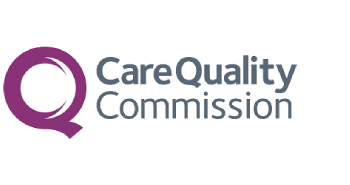Your toddler still isn’t speaking in two-word phrases while their cousin the same age chatters constantly. Or maybe your four-year-old struggles with tasks that seem to come naturally to other children their age.
Noticing that your child might be developing differently from their peers can bring up a mix of emotions. The key is knowing what steps to take next and understanding that early support can make a real difference to your child’s development.
Understanding Developmental Delays
Developmental delays happen when a child doesn’t reach expected milestones within the typical timeframe. These might affect speech and language, motor skills, social abilities, or cognitive development.
Every child develops at their own pace, but significant delays or differences in multiple areas can sometimes indicate underlying conditions like autism. The important thing is not to wait and see if your child will “catch up” on their own.
Common Signs That Might Concern You
You might notice your child:
These signs don’t automatically mean your child is autistic, but they do suggest it’s worth exploring further.
Your First Steps
Talk to Your Health Visitor or GP
Start by discussing your concerns with your health visitor or GP. They can observe your child’s development and refer you for specialist assessment if needed. Don’t worry about seeming overly anxious – healthcare professionals would rather you voice concerns early than wait.
Document What You’re Seeing
Keep notes about specific behaviours, missed milestones, or patterns you’ve noticed. This information helps professionals understand your child’s development and can speed up the assessment process.
Trust Your Instincts
You know your child better than anyone. If something feels different or concerning, it’s worth exploring. Early intervention services are most effective when started as soon as possible.
Autism and Developmental Delays
Many developmental delays in young children can be early signs of autism. Autism affects how children communicate, interact socially, and process sensory information.
Early Autism Signs You Might Notice
The earlier autism is identified, the sooner your child can access support that helps them develop communication skills, manage sensory needs, and build confidence in social situations.
Getting Professional Assessment
If your GP agrees there are concerns, they can refer you for developmental assessment. This might involve:
Private assessment is also an option if you want to avoid NHS waiting times or need answers more quickly.
Supporting Your Child While You Wait
Waiting for appointments can feel difficult, but there are things you can do to support your child:
The Benefits of Early Support
Children who receive early intervention often make significant progress in areas they find challenging. Whether your child is autistic or has other developmental needs, the right support can help them:
Getting the Right Help
Noticing developmental delays can feel overwhelming, but taking action is the best thing you can do for your child. Every child deserves support that meets their individual needs.
Remember that getting answers doesn’t change who your child is – it simply helps you understand how to support them better and access the right resources.
If you’re concerned about your child’s development and wondering whether autism might be a factor, our experienced team can help. We offer comprehensive autism assessments for children with no waiting lists and no GP referral needed





